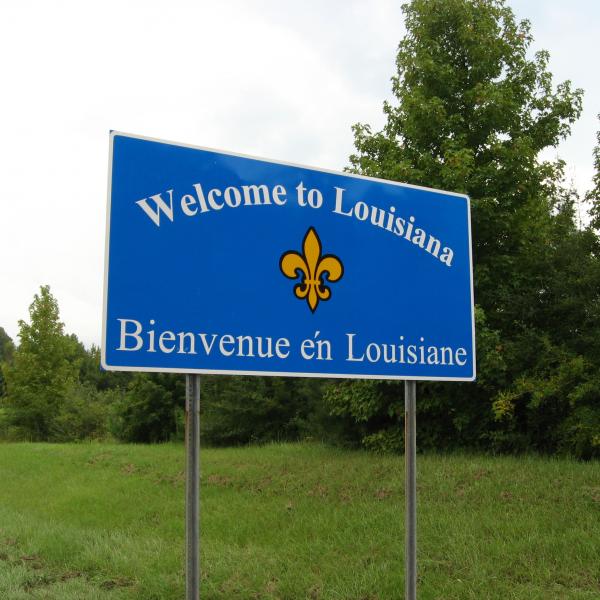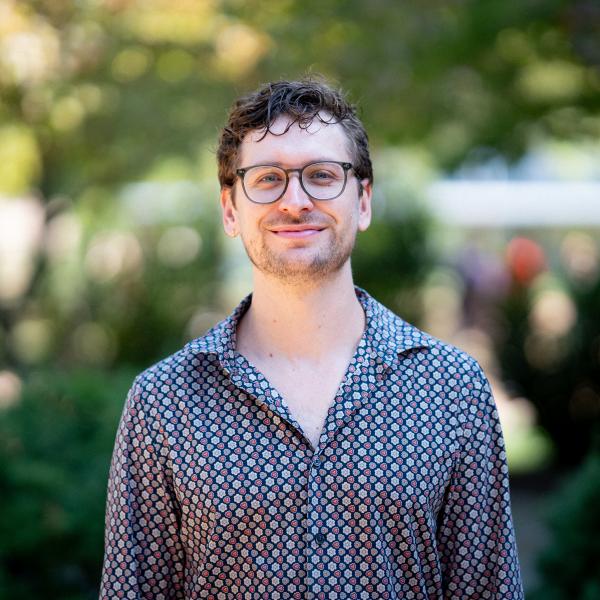This NEH Institute has been nothing short of spectacular. Each day I have the privilege of discussing issues pertinent to the New Negro Renaissance (and the United States in general) with educators from across the country. As we delve into issues such as race, class, and legacy, I discover new complexities and perspectives. No story, however, has commanded my attention as much as the Father Divine chronicles.
Prior to last Friday, I had never heard of Father Divine. Most of my classmates have lamented about the lack of exposure to a variety of African Americans in textbooks. However, I can see why Father Divine would not be a household name. In keeping with my attempt to examine each seminar issue with race, class, and legacy in mind, it instantly struck me why most people don’t know about Father Divine. Race and class aside, his legacy is that of a complete lunatic. In short, two issues in particular turned me off: his claims that he was God and his refusal to acknowledge race. I was biased from some the readings and was convinced Father Divine needed a straitjacket and an extended stay at Bellevue. Yet, I couldn’t shake the fact that as much as I wanted to label this man insane, he was quite productive and instrumental in the lives of many Americans.
During last Friday’s session, we discussed how Father Divine was not full of hot air - he actually delivered on his promises. Although most of us consider him a cult leader, he did open housing shelters, feed thousands, and employed many destitute African Americans in a way that didn’t make them feel belittled. As a colleague (Hector) pointed out, poor people needed more than a rally to make them feel successful. When you went home from a Father Divine rally, you had words of encouragement, but even moreso you had a plan to put in action. I can understand how this would attract a crowd. I must note that over the years Father Divine and The International Peace Movement made it top priority to serve the poor, and frankly, that is something that many organizations set up for the impoverished never actually accomplish.
We also shared our views on Father Divine’s claims that he was God. Some colleagues suggested that Father Divine meant that there was a little God in all of us since we are made in God’s image, but I still would argue he took it a step beyond that point. Father Divine called himself God and preached that believing his doctrine would make one immortal. I understand how the lure of a job and a meal would attract followers, but I do not understand how so many people were willing to call this man God. In African American culture the church holds an esteemed role, and so does blasphemy. Most African Americans in the United States were and are of a Christian faith. I am assuming (hopefully not wrongfully so) that most of his converts were Christians at one time, so I am confused as to how he was able to convince them to turn from Jesus Christ and to him instead. I know that all cult leaders prey on people in desperate circumstances, but Father Divine had Black and White followers, as well as poor and upper middle class followers. I find this fascinating and would like to know more about what convinced these people to consider Father Divine the Savior.
Finally, I am very interested in his “New Thought Movement” and its connection to race. Father Divine believed if you thought positively then good things would happen to you. Father Divine also refused to believe in race, thinking race was something White people created to make Blacks feel disadvantaged. He would tell his Black followers that they were not Black, since race/ethnicity didn’t really exist. I would like to probe why he didn’t believe one could be positive AND Black. I am disturbed by this, especially since Father Divine was Black. Why wouldn’t he tell Black people they were equal to White people? Why did one have to cease being Black to be enlightened and experience positive results?
Regardless of his outrageous views, Father Divine did work tirelessly for civil rights, and was quite successful. To this day, the International Peace Movement still owns property and functions, although at a much lower capacity. I definitely don’t believe in his doctrine, but I will admit I am now (and I fear forever will be) hopelessly obsessed with the Father Divine story.
-- La Donna Mays



